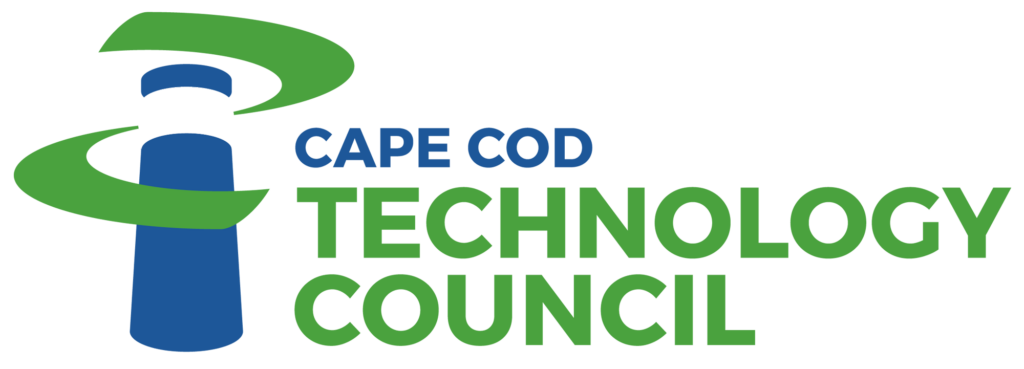At its August meeting, the Infrastructure Committee discussed funding for broadband and new technology for water treatment.
ARPA-funded grants were made available this past spring to Massachusetts towns for broadband deployment. Towns on the Cape which received these last mile infrastructure grants were Bourne, Dennis, Mashpee, and Provincetown. There is also an upcoming middle mile grant with a deadline of September 30, as well as money that’s available to towns and nonprofits through Barnstable County.
Bourne’s grant was made possible by area residents who were frustrated with the lack of broadband. This ad hoc committee went to OpenCape for specific design information when they were completing the grant application and worked with the town to utilize a municipal grant to reach a parcel not already served by OpenCape. They then worked with OpenCape to extend a lateral to the remaining buildings and a fiber-to-the-home deployment.
Each of the Cape’s towns will decide how they want to deploy broadband. As discussed in previous Infrastructure meetings, a group in Falmouth started their own nonprofit, FalmouthNet. Acushnet has contracted to build out a fiber ring connecting their municipal rings. Westport is doing a similar project to Acushnet’s and Fairhaven has existing municipal rings which they are expanding.
A committee member suggested that Barnstable County towns orchestrate their projects through county government to avoid duplicating efforts. OpenCape reported having spoken to the county at an open meeting several months ago. OpenCape, Comcast and others advocated spending money on broadband projects and planning. It was also reported that Massachusetts Broadband Institute (MBI) does not want to deal with towns individually and has encouraged people to work with as many regional partners as possible.
Many of these towns need technical assistance and the Tech Council may be a resource.
The CCTC grants committee has some resident expertise but limited amounts of bandwidth. However, we may be able to organize a conference to share information or otherwise serve as a resource, as several CCTC members have expertise in this field. It was also suggested that there are also roles for Cape Cod Commission and the Cod Chamber of Commerce in the planning process.
On water quality, a committee member shared that Onvector has developed a PFAS destruction startup and is running a beta test with the Air Force to eliminate PFAS from water.
Another committee member recently installed a residential IA septic system that removes nitrogen and phosphates from wastewater. Their system was partially funded by a Mass Tech grant, in turn funded by the EPA. The system is made by Fuji Clean and will be monitored monthly by Mass Tech for the first year.
The committee discussed the issue of cyanobacteria on the Cape, and how our septic systems are a major culprit. While there’s energy focused on sewering the Cape, sewers leave out a large percentage of less densely settled areas. IA septic options may be a solution.
The Tech Council has a new EarthTech Committee to further discuss these issues.
